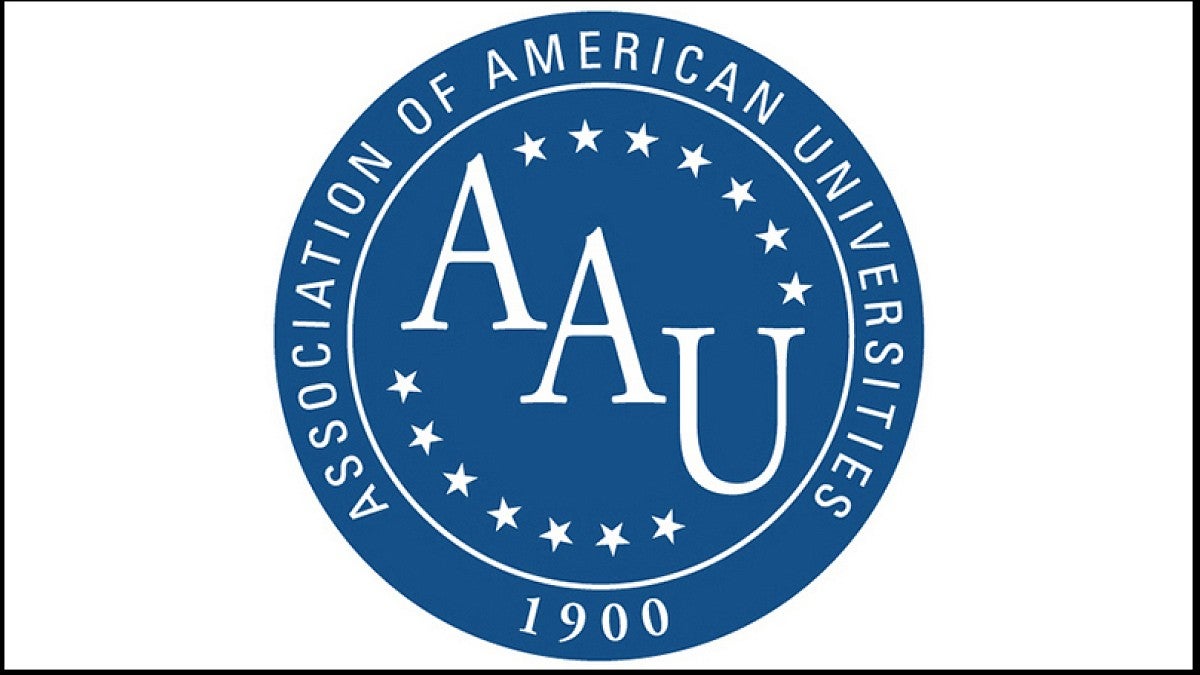The University of Oregon is among the country’s top research universities highlighted for their innovation in addressing campus sexual assault and sexual misconduct in a new report from the Association of American Universities.
The association, made up of 62 leading public and private research universities, just published a data-rich report on the actions its members are taking to prevent and respond to the issues across their campuses. Based on the results of a new survey, the report shows that AAU universities are making significant improvements and investing substantial resources to address the problem.
The report follows up on the AAU Campus Climate Survey on Sexual Assault and Sexual Misconduct, a landmark comprehensive campus climate survey conducted by the AAU among 150,000 students in 2015.
The UO was called out in two particular areas: its summer orientation program “It Can’t Be Rape,” and the addition of specially trained sexual assault nurse examiners to the staff of the University Health Center.
Presented by the Sexual Wellness Advocacy Team, “It Can’t Be Rape” is a mandatory presentation delivered to the 4,000 students who attend summer orientation sessions. The production covers consent, healthy relationships and sexuality, bystander intervention, and creating shared understandings of sexual assault, dating and partner violence, stalking, and sexual harassment.
On-site advocacy is provided during the program. In addition, resource support materials are provided to students during the event.
Sexual assault nurse examiners are registered nurses who have received special training to provide comprehensive care to sexual assault survivors. They are able to conduct a forensic exam and may provide expert testimony if a case goes to trial.
“We have worked hard to fight against sexual violence on multiple fronts, including prevention education and coordinated response,” said Darci Heroy, associate vice president and Title IX coordinator. “We’re working to create an ecosystem across campus that brings together educational efforts to prevent such acts but also to integrate comprehensive resources to best meet the needs of survivors. While there is always more to be done, we’ve made some incredible progress.”
In order to better understand trends on campus as well as assess program effectiveness, Heroy has assembled a working group to coordinate and monitor institutional and program assessments and campus research efforts.
“As a direct and indirect result of these continued assessment efforts, there has been a notable increase in collaboration between administrators and students, faculty and staff on these issues,” Heroy said.
Other notable actions related to Title IX include:
- Ongoing education and training: Under the leadership of the dean of students, the Sexual Violence Prevention and Education team provides comprehensive and campuswide outreach throughout the year. This includes cutting-edge programming developed at the UO, like the mandatory “Get Explicit” program for all new students that offers peer-facilitated training specially designed for students living in residence halls. All incoming and transfer students under 21 must also take an online course, Haven, which explores sexual assault, dating violence, domestic violence and stalking, and which introduces students to key definitions, statistics and the root causes of sexual violence.
- Major campaigns and events: The UO has ongoing poster and red-flag campaigns that focus on “red zone” awareness and Sexual Assault Awareness Month activities, culminating with Take Back the Night. Additionally, the Alliance for Sexual Assault Prevention meets monthly to discuss ways to combat sexual violence across disciplines.
- Campus first-responders team: A group of rapid responders who are involved in the resolution and adjudication process are trained regularly on approaches and best practices in trauma cases as part of comprehensive training requirements overseen by the Title IX coordinator. This includes tapping into expertise across campus on topics such as implicit bias, the dynamics of interpersonal violence, evaluating evidence, and understanding burnout and compassion fatigue among first responders.
- Increased staffing and coordination: The UO has invested heavily in both staffing and programs related to prevention, response and adjudication of reports of all forms of sexual violence, harassment and discrimination. The university created and filled the associate vice president and Title IX coordinator position with designated financial support to maintain it well into the future. Deputy Title IX coordinators have also been designated for the athletics department, School of Law, Graduate School, undergraduates, employees and the Portland program. Additional staff have been added in crisis intervention and sexual violence support services, sexual violence prevention education, the Counseling and Testing Center, the Office of Affirmative Action and Equal Opportunity, the ombud’s office, Student Survivor Legal Services and the UO Police Department.
Next month, Heroy plans to release a full annual report of Title IX-related activities.


